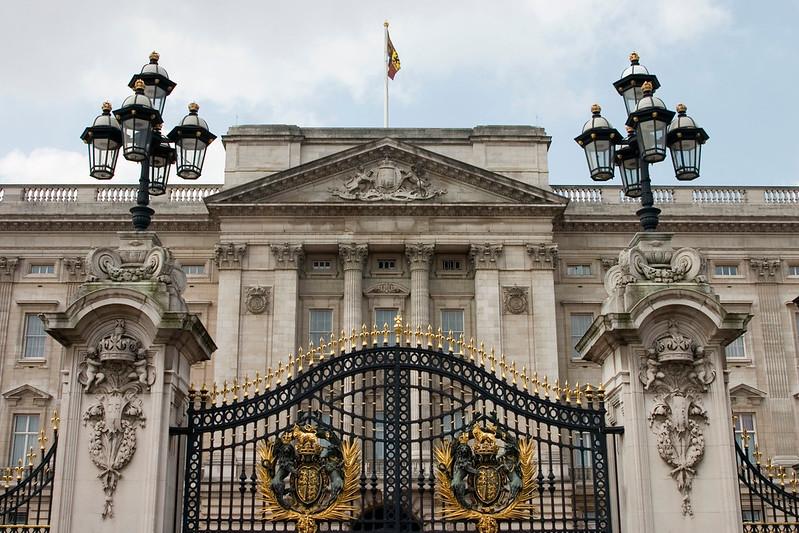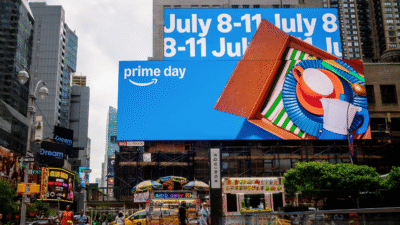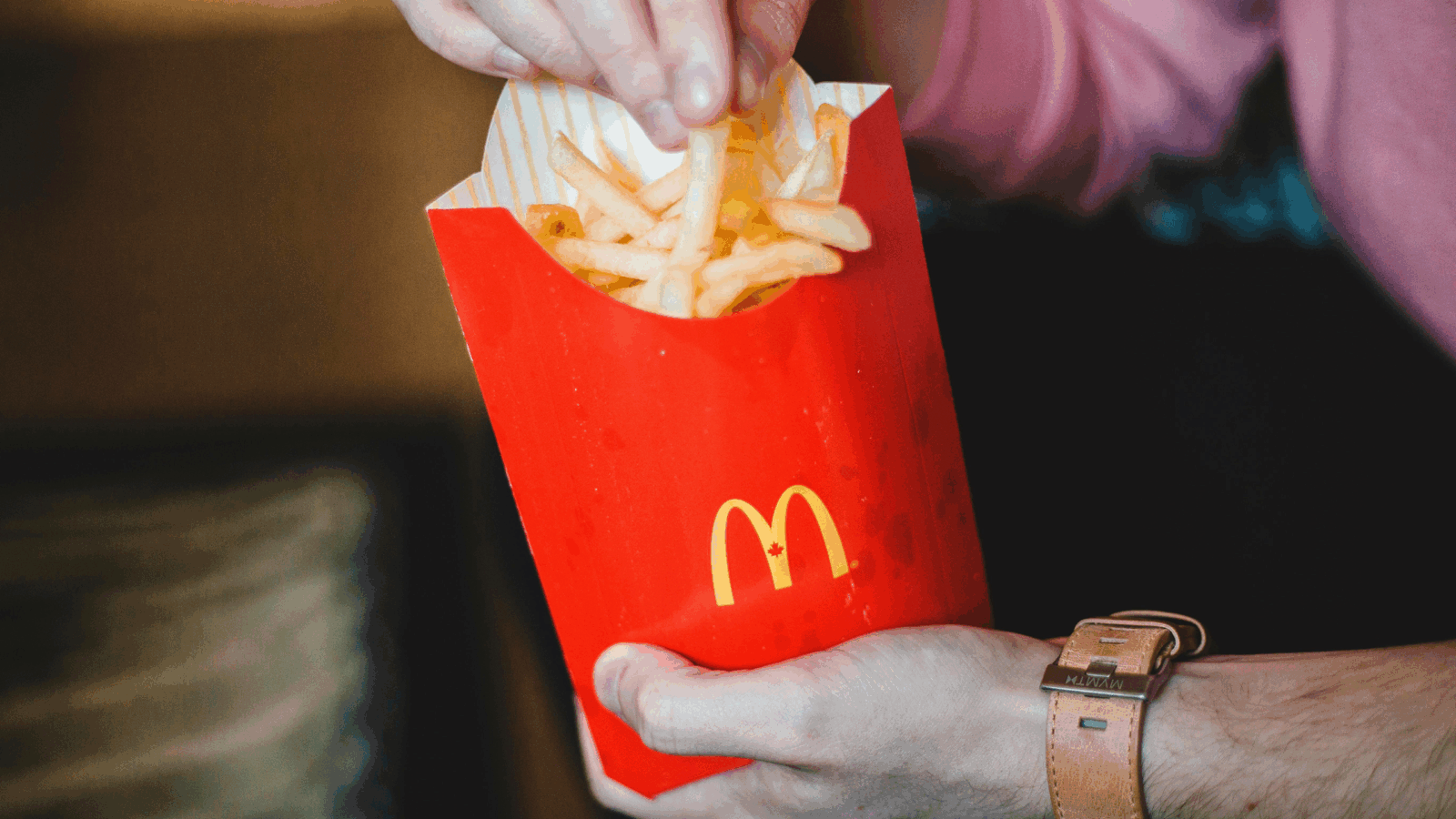
Sign up for smart news, insights, and analysis on the biggest financial stories of the day.
It’s succession season, but we’re not talking about our close pals at Waystar Royco.
Over in England, there’s a new monarch-in-waiting who could give the fictional Logan Roy a run for his money. And ahead of King Charles III’s coronation at Westminster Abbey in early May, the world’s biggest luxury brands are gearing up for a particularly stately spring shopping season.
A $2,000 Wristwatch Fit for a King
Nothing says “I’m going to splurge on a $1,500 handbag” like watching a septuagenarian don a goofy bejeweled hat that officially makes him the latest in a long line of purely ceremonial (and formerly tyrannical) figureheads of an empire long past its prime. At least, that’s what Fflur Roberts, head of luxury goods market research at Euromonitor International, told the Financial Times this weekend.
And there’s historical evidence to support her claim. Way back when Queen Elizabeth II assumed the throne in 1953, British-made luxury goods experienced a boom in sales. Now, they’re preparing for another season of sales fit for a king:
- Deakin & Francis is using the King’s coronation emblem on sterling commemorative cufflinks, Annoushka is creating 100 limited-edition 18-carat gold charms inspired by the crown, while David Morris is creating two one-of-a-kind rings.
- Between April 21 and May 4 (the coronation is May 6), Sotheby’s will host a cross-category online sale on items from the past and present of England’s monarchy. Overall, local regulations about the commercial use of royal insignias are being relaxed for the event. That’s so chill and classy.
Why Can’t We Quit You: Interest is not limited to just the UK. “[Americans] really appreciate being able to purchase a brand that has British quintessential heritage,” says Jonny Garrett, founder of William Wood Watches which is releasing a commemorative line, told the FT. “And, when the royal family is layered into it as well, and there’s only 30 pieces available, that definitely helps.” So much for Common Sense, at least according to Thomas Paine’s definition.











